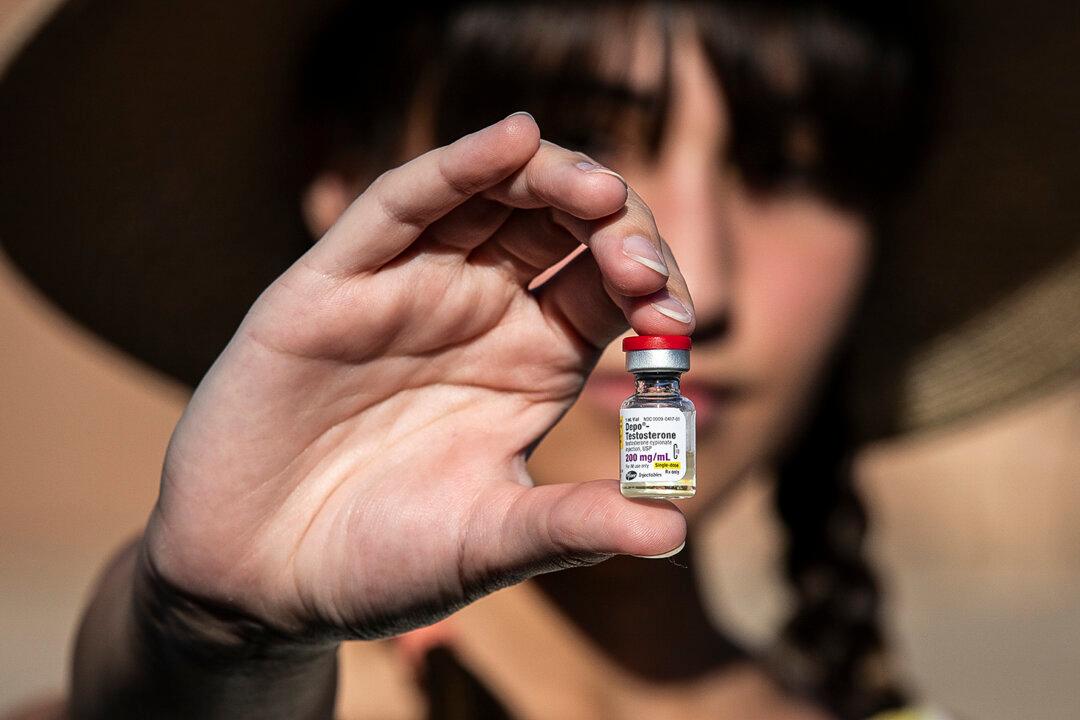Commentary
The debate around childhood “gender transition” has become so toxic as to render calm and rational discussion nearly impossible. Each side is quick to smear their opponents as malevolent or ignorant—or both.

The debate around childhood “gender transition” has become so toxic as to render calm and rational discussion nearly impossible. Each side is quick to smear their opponents as malevolent or ignorant—or both.